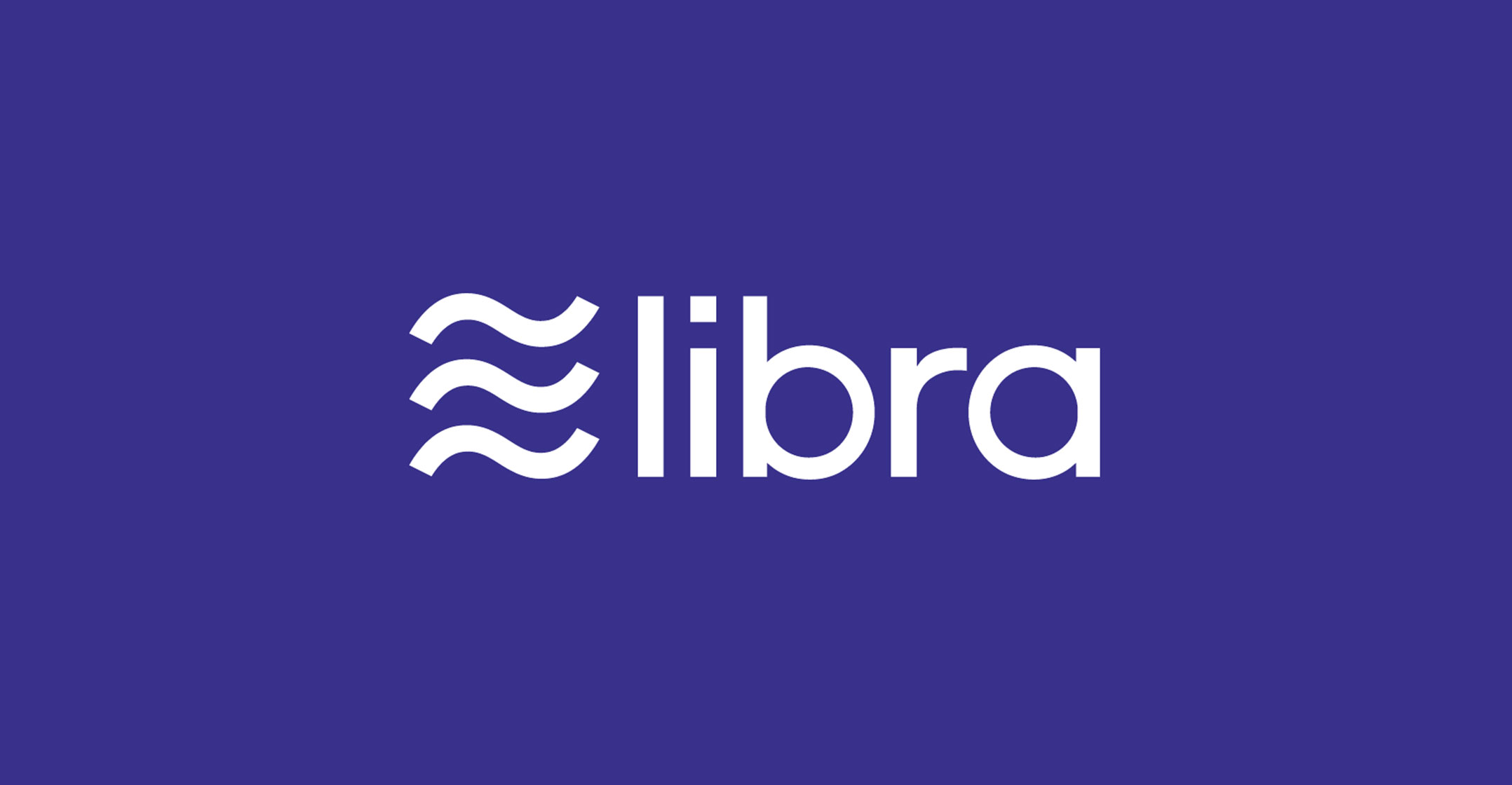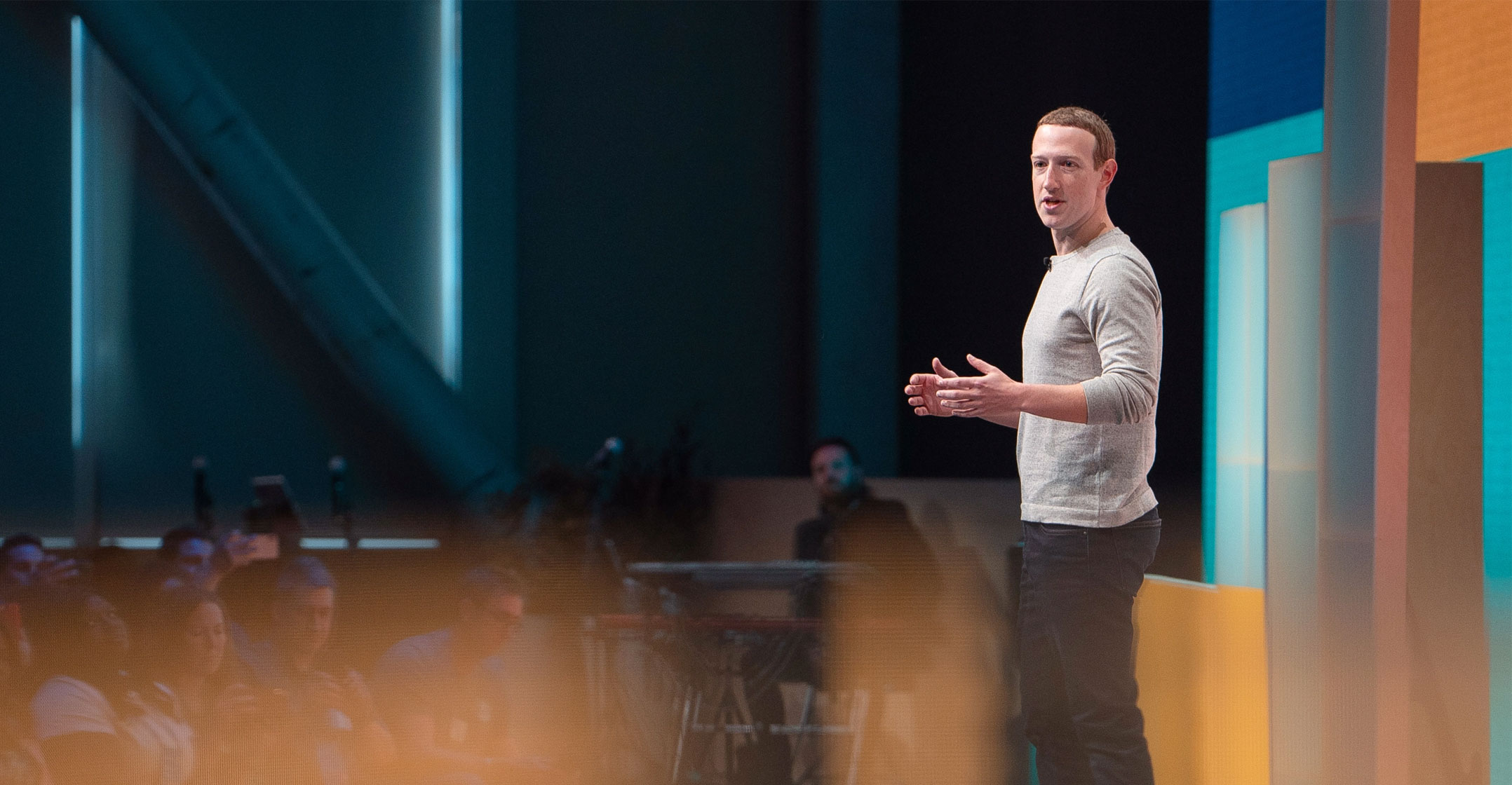 Four payments companies that have joined Facebook as founding members of the Libra Association are wavering over whether to officially sign on to the cryptocurrency project, according to people familiar with the matter.
Four payments companies that have joined Facebook as founding members of the Libra Association are wavering over whether to officially sign on to the cryptocurrency project, according to people familiar with the matter.
Visa, Mastercard, PayPal and Stripe are undecided about formally signing onto libra’s organising charter because they’re concerned about maintaining positive relationships with regulators who have reservations about the project, the people said.
Executives at the payments companies believe Facebook oversold the extent to which regulators were comfortable with the project and are concerned about the perception the social network hasn’t behaved responsibly in other areas — such as how it has handled user data and privacy, the people said.
The Libra Association is asking the 28 founding members to reaffirm their commitment to the cryptocurrency project later this month, according to three people familiar with the matter. Before libra was unveiled, the companies signed nonbinding letters of intent to explore joining the association.
David Marcus, the Facebook executive leading the libra effort, tweeted on Wednesday that the “first wave of Libra Association members will be formalised in the weeks to come”. Marcus said he was unaware of any current libra partners who might abstain from officially joining the organisation, but building a new global currency is “hard and requires courage”.
‘Calmly and confidently’
“I can tell you that we’re very calmly and confidently working through the legitimate concerns that libra has raised by bringing conversations about the value of digital currencies to the forefront,“ he added.
Companies that officially join the charter won’t be obligated to immediately contribute an initial US$10-million required to invest in the project, according to two of the people. The option to delay the payment reflects the association’s strategy to move the libra project forward in baby steps, the people said. That would give members more time to work out how their participation might affect the rest of their companies’ operations and regulatory obligations, they said.
The signing of the charter could take place as soon as 14 October, three people said, and will likely happen in Switzerland, where the nonprofit organisation charged with managing the libra digital currency reserve and global payments network would be headquartered.

“Nothing has changed with our involvement with libra since we came on to participate,” said a Stripe spokesman. “We agreed to work on the charter with these other participants. We continue to work on the charter. We’re still actively involved.” He declined to comment specifically on whether Stripe has hesitations about signing the charter.
Spokesmen for Facebook, Visa, Mastercard, PayPal and the Libra Association declined to comment.
The move to get Libra Association members to formally sign on is the latest indication that Facebook and its partners are pushing forward with the controversial plan, even after it came under fire from policy makers around the world.
Facebook has said repeatedly that the Libra Association will be responsible for making decisions about the currency, so its formal creation could mean that regulators start to get better answers than Facebook has offered so far.
Some European finance ministers have threatened to ban libra in their respective countries and the European Union’s antitrust chief says she’s taken the unusual step of scrutinising libra because of the risk it could lead to the creation of a new, entirely separate economy.
Meanwhile, development of the technology to underpin libra is moving faster than internal deadlines, Diogo Monica, co-founder of Anchorage, a technology company that safeguards cryptocurrencies, said in a phone interview. Five association members including Anchorage and Facebook’s digital wallet subsidiary Calibra are already running a test network of nodes, and sending transactions — not done with real money for now — to each other, he said.
Tweaks
Libra has started addressing regulators’ concerns by making tweaks to its technology and policies, such as its anti-money-laundering policies, Monica added. Hundreds of organisations are on a waiting list hoping to join the association, Monica said, but no additional members have been admitted yet, he said.
Opponents of the plan say libra, which would be backed by a pool of traditional currencies, could undercut countries’ monetary policies or be used for nefarious purposes. US lawmakers this summer grilled Marcus, questioning whether Facebook could be trusted to expand into financial services. Facebook CEO Mark Zuckerberg last month told senators that the currency wouldn’t launch anywhere in the world without US regulators’ blessing.
 Facebook announced the project in June to make international payments as simple as texting. It draws on big names in the payments, technology, telecommunications and blockchain industries, including eBay, Uber Technologies, blockchain startups Coinbase and Xapo, and Vodafone Group, as well as venture capital companies and non-profit organisations.
Facebook announced the project in June to make international payments as simple as texting. It draws on big names in the payments, technology, telecommunications and blockchain industries, including eBay, Uber Technologies, blockchain startups Coinbase and Xapo, and Vodafone Group, as well as venture capital companies and non-profit organisations.
Even as Facebook has publicly drawn fire, the libra organisation’s members have worked in the background to hash out details of a chartering document to formally establish the non-profit so that the group’s work to stand up the payments system can move forward.
The work has proven contentious due to continued uncertainty about the regulatory implications of the project, according to two of the people. — Reported by Lydia Beyoud and Joe Light, with assistance from Olga Kharif and Kurt Wagner, (c) 2019 Bloomberg LP




